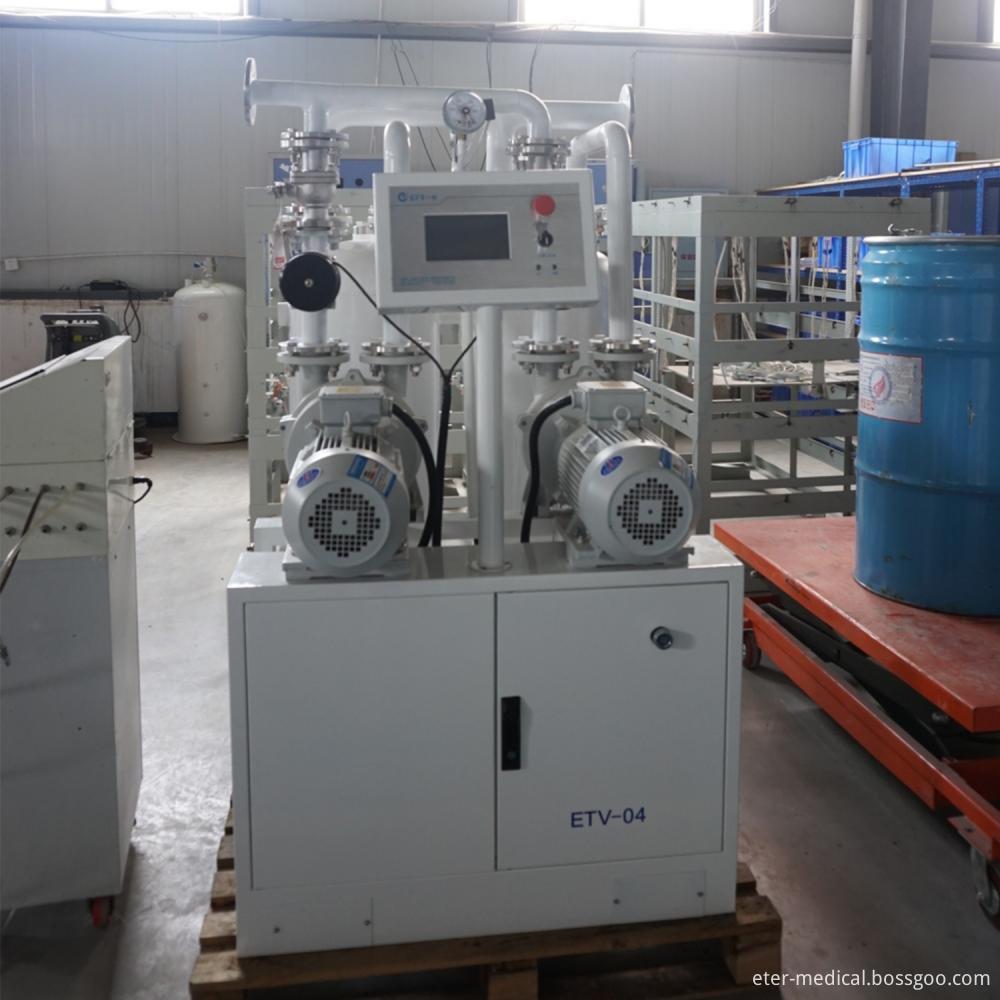Late summer and early autumn is the initial stage of the production of hens. The quality of management during this period is related to the efficiency of raising chickens. Therefore, reserve hens should be carefully managed.
1. Timely change and feeding of transitional materials Generally, 20 weeks old chickens are fed before the eggs, which is also called transition material. The material contains 1% calcium and 16.5% crude protein. When the chicken production rate reaches 2%, the feed should contain 3.4% to 3.5% calcium and the crude protein content should reach 18%.
2. Control the initial body weight While recharging the calcium, we should do a good job in the development of the population and evenly rear the large, medium, and small reserve hens in groups. Never increase material or reduce material sharply. The weight of light-weight chickens should not exceed the size of medium-large chickens, so as to avoid affecting sexual maturity due to fat deposition.
3. Strictly control the housing temperature The optimum egg production temperature for hens is 18°C. When the temperature is lower than 13°C, it will affect the growth and production of eggs, and the temperature of the housing is too low without timely increase of feed. The reserve hens will postpone opening of production due to lack of energy. At high temperatures, the intake of hens is reduced. If the proportion of protein in the diet is not increased in time, the development of the reproductive system will be delayed and the production will be postponed.
4. Adjust the relative humidity and ventilation The relative humidity of the chicken house is required to be 55% to 65%. The relative humidity of the house from 1 to 3 days of age is 70%, and it can be reduced to 50% after 4 weeks of age. Humidity should not be too great, otherwise the chicks will become filthy, unappetizing, and infirm, which delays sexual maturity and delays production. If the ventilation is poor, harmful gases in the air will increase, the humidity will increase, and the oxygen content will decrease, which will make the reserve hen poorly developed and postponed production.
5. Illumination control and adjustment Reserve hens generally enter the sexual maturity stage at 15 weeks of age, during which period the natural light is gradually reduced. The short illumination time requires longer time for sexual maturation. Therefore, supplemental illumination must be started from the 15th week of the replacement hens to meet their sexual maturity needs. Generally speaking, the illumination time of the reserved hens after 15 weeks of age should be maintained at the light hours of 15 weeks of age, but the illumination should not be too strong to prevent the emergence of chicken feathers, toes, backs and other evils. The primordial broiler has a daily exposure time of 13-17 hours.
6. Clean drinking water The hens need to drink water at the beginning of the birth. Generally, each primal hen needs 100 to 200 grams of water a day. Therefore, first-laying hens should not be deprived of water every day. It is best to use flowing water tanks for water supply, and to provide 2 to 3 times of dilute brine every week to enhance their constitution and increase their intake. Daily carrots or green diets can also be fed to increase the protein content of their diet.
ETR has independently developed an integrated vacuum pump unit composed of a water-ring vacuum pump, a gas-water separator, a vacuum solenoid valve, pipe fittings and an electrical control system. It is a simple, safe and reliable device that continuously serves the wards all day long, without occupying the ward space. The negative pressure is sourced from the vacuum pump unit.

Compacted Vacuum Suction Unit
Compacted Vacuum Suction Unit,Medical Suction Unit,Hospital Suction Unit,Hospital Suction Machine
Hunan Eter Electronic Medical Project Stock Co., Ltd. , https://www.eter-tech.com
